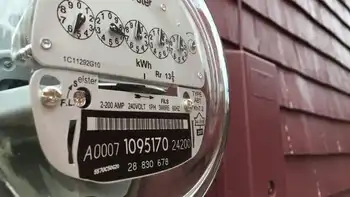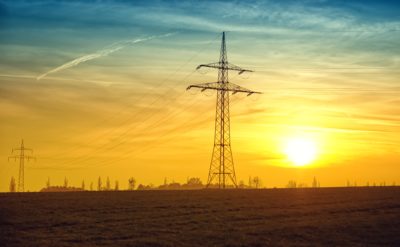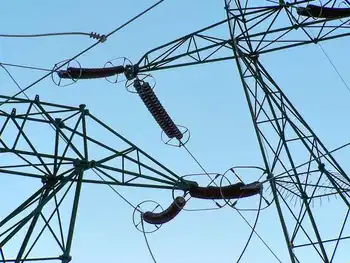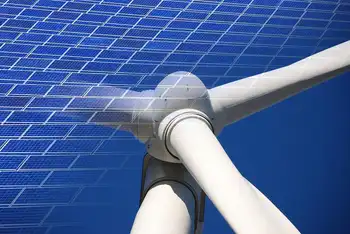Electricity shortage sees power cut 5 per cent in Ontario
Premier Dalton McGuinty offered little hope of a quick fix to hydro challenges, saying Ontarians will have to live with them until more generators are built.
"We are under a bit of a strain right now; there is no doubt it's because of a number of factors," he said, blaming the "hottest summer on record in the last 50 years" and a shortage of electrical generating capacity in Ontario.
The rare brownout by the province's Independent Electricity System Operator (IESO) followed a familiar warning to turn off or turn down air conditioners, lights, appliances and machinery at home and at work.
"We're managing this to avoid any disruptions," said IESO spokesman Terry Young, calling the brownout — or voltage reduction — an "emergency control action" that is one of the last steps before rotating blackouts.
Most electronic equipment has a low voltage limit it can tolerate. Young said most lighting and appliances are built to withstand reduced voltages.
The problem was not record power use but a shortage of supply caused by four generating stations being out of service for repair or maintenance. Those generators normally supply a combined 3,000 megawatts.
The situation was compounded by the relentlessly sticky weather and reduced imports of power from neighbouring provinces and states. The intense heat has strained transmission lines used to import power.
York Regional Police said the brownout had affected traffic lights in Markham, Richmond Hill and Vaughan and warned drivers to watch for malfunctioning signals.
The brownout saved about 500 megawatts of power, Young said, enough to give the system a break but not enough that consumers or industries would experience problems.
Demand peaked at just over 25,000 megawatts, short of the record of 26,160 on July 13. The province had a generating capacity of 23,883 megawatts August 3.
It was the first brownout since April, when a large number of hydro generating plants were down for maintenance, and only the second since the delicate days after a major blackout hit northeast Canada and the U.S. two years ago this month.
One critic said the troubles show "gross incompetence" by recent governments of all political stripes for failing to ensure reliable power supply.
"What's happening is definitely a precursor of things to come," said Tom Adams of Energy Probe, an industry watchdog group. "When the demand for electricity is going one way and the ability to generate power is going the other way, at some point those lines are going to cross.... Blackouts are very close at hand."
The premier said there is 9,000 megawatts of new generation in the "pipeline," but acknowledged it could take three years for it to come on stream.
"It would have been nice if that work had begun about seven or eight years ago, but it wasn't. This is where we find ourselves at this point in time, so we are going to need the help of Ontarians to get over this hump," McGuinty said on a farm near Peterborough where he made an announcement on protecting natural green space.
"We will have to call on Ontarians to do their part when it comes to conserving electricity," such as setting air conditioners at 26C and using dishwashers and other appliances after 8 p.m., he added.
During the 2003 election, the Liberals promised to cut electricity demand in Ontario by 2007. But demand is skyrocketing and the government hasn't announced a detailed conservation strategy.
NDP Leader Howard Hampton said the lack of a comprehensive conservation strategy, which could yield quicker results than building new power plants, is why Ontario is in trouble.
"They've had two years," Hampton said. "So now we are facing an almost chronic threat of blackouts and brownouts. This is the next thing to a disaster — a very big and widespread blackout."
Related News

Class-action lawsuit: Hydro-Québec overcharged customers up to $1.2B
MONTREAL - A group representing Hydro-Québec customers has filed a motion for a class-action lawsuit against the public utility, alleging it overcharged customers over a five-year period.
Freddy Molima, one of the representatives of the Coalition Peuple allumé, accuses Hydro-Québec of "abusing its monopoly."
The motion, which was filed in Quebec Superior Court, claims Hydro-Québec customers paid more than they should have for electricity between 2008 and 2013, to the tune of nearly $1.2 billion.
The coalition has so far recruited nearly 40,000 participants online as part of its plan to sue the public utility.
A lawyer representing the group said Quebec's energy board, the Régie de l'énergie, also recently approved Hydro-Québec…





